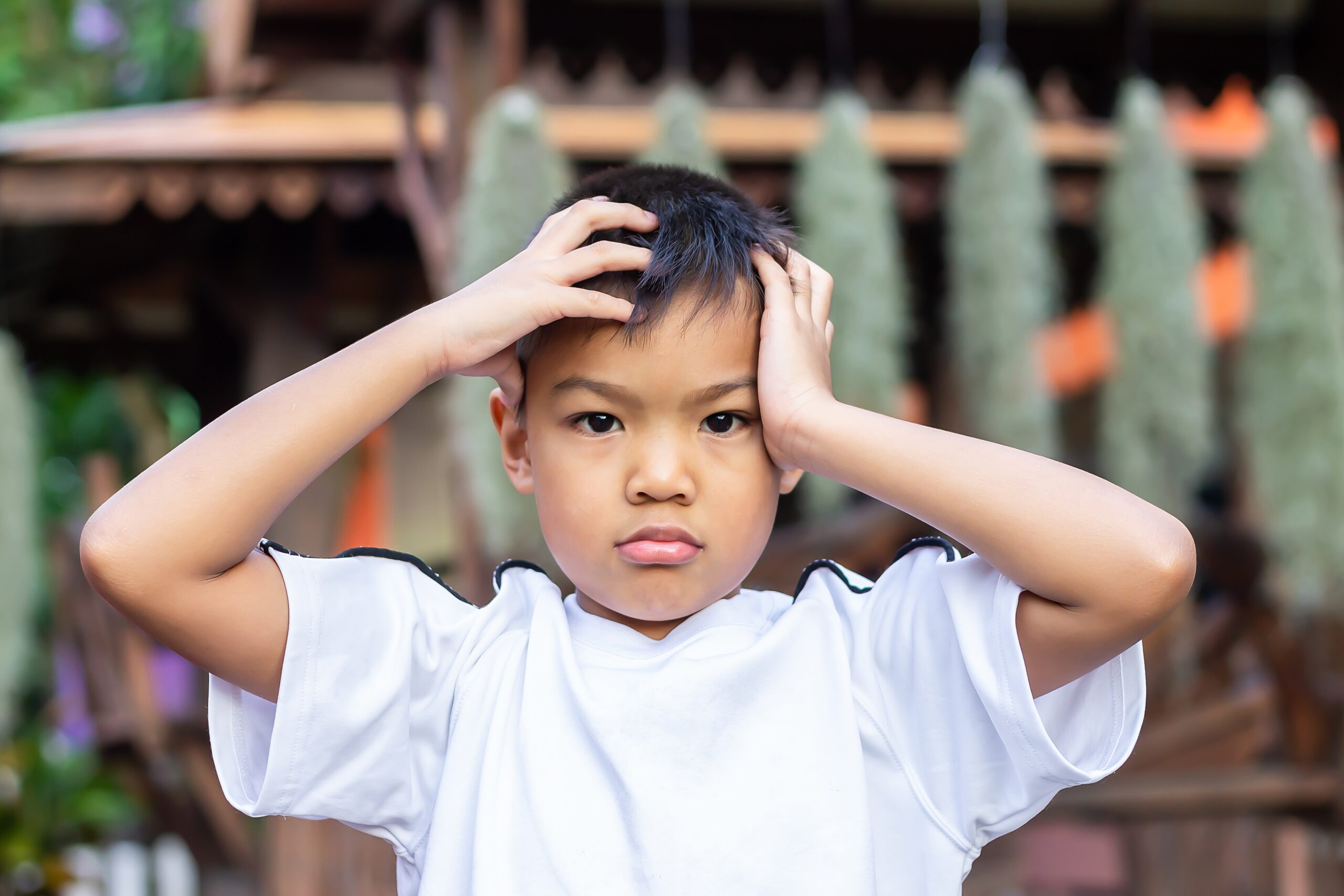Anxiety is often thought of as a condition that affects teens and adults, but it can also impact young children. In fact, childhood anxiety is more common than many people realize. At PMHC in Philadelphia, we understand that recognizing and addressing anxiety in young children is crucial to helping them thrive emotionally, socially, and academically.
What Does Anxiety Look Like in Young Children?
Young children often lack the language or awareness to express feelings of anxiety, which can make it challenging for parents to recognize. Anxiety in children may not always look like it does in adults. Instead, it can manifest through:
- Physical Complaints: Stomachaches, headaches, or unexplained fatigue.
- Behavioral Changes: Clinginess, avoiding certain activities or people, or difficulty sleeping.
- Emotional Outbursts: Frequent crying, irritability, or meltdowns.
- Performance Issues: Declining academic performance or reluctance to participate in school or other activities.
These behaviors can sometimes be mistaken for general childhood misbehavior or developmental phases. However, when they persist or interfere with daily life, they may signal anxiety.
Common Triggers of Anxiety in Young Children
Anxiety in young children often arises from environmental or situational factors, including:
- Separation Anxiety: Fear of being apart from parents or caregivers.
- Social Situations: Worry about interacting with peers or meeting new people.
- Fear of Failure: Stress over schoolwork, tests, or learning new skills.
- Changes in Routine: Moving to a new home, starting a new school, or adjusting to family changes like divorce.
- Traumatic Events: Exposure to accidents, loss, or other upsetting experiences.
These triggers can vary widely depending on the child’s temperament, environment, and experiences.
Is Anxiety Normal for Young Children?
It’s normal for young children to experience occasional fears or worries as they grow and learn about the world. For example, it’s common for toddlers to feel nervous around strangers or for preschoolers to fear the dark. However, when anxiety becomes excessive, persistent, or impacts a child’s ability to enjoy daily activities, it may be an indication of an anxiety disorder.
How Can Parents Help?
If you suspect your child is experiencing anxiety, there are steps you can take to provide support:
- Listen and Validate Their Feelings: Encourage your child to talk about their worries and let them know it’s okay to feel scared or nervous.
- Teach Coping Skills: Simple techniques like deep breathing, visualization, or creating a “calm-down corner” can help your child manage anxiety.
- Maintain Consistency: Predictable routines provide a sense of security and reduce uncertainty.
- Model Healthy Coping: Show your child how you handle stress or anxiety in a calm and constructive way.
When to Seek Professional Help
If anxiety is significantly interfering with your child’s daily life, it may be time to consult a mental health professional. At PMHC, we offer specialized care for children, including age-appropriate therapies like play therapy and Cognitive Behavioral Therapy (CBT). Our experienced team works closely with families to provide a safe, nurturing environment for children to explore and overcome their fears.
Take the Next Step with PMHC
Anxiety doesn’t have to hold your child back. With the right support, young children can develop resilience and confidence to face life’s challenges. Contact PMHC in Philadelphia today to learn more about our child-focused therapy programs and how we can help your family thrive.

